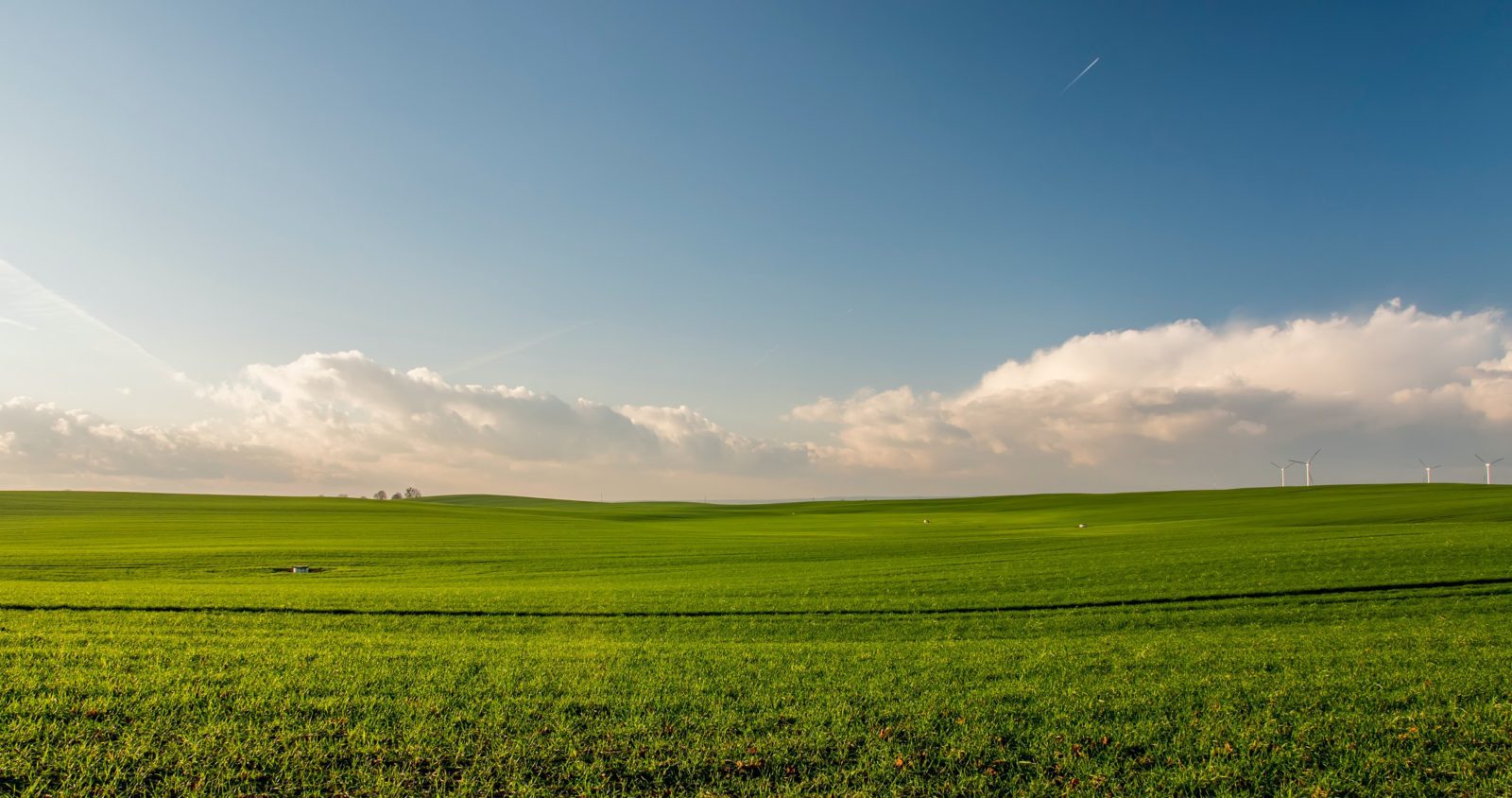In a significant move, the Czech government has approved a new amendment to the law on protecting agricultural land, which aims to prevent the construction of shopping centers and large warehouses on valuable agricultural land. This amendment comes into effect from mid-next year and awaits parliamentary discussion.
The amendment proposes a ban on taking away the highest-quality agricultural land for commercial purposes. According to Minister of the Environment Petr Hladík, agricultural land from the farmland fund cannot be taken away in an area larger than one hectare for projects of this nature. However, the proposal includes a five-year transitional provision to allow cities and businesses to adapt to the changes.
Over the past decades, the landscape has been transformed by massive warehouses and shopping centers, often occupying the most productive agricultural land, one of the most valuable sources of life. This new amendment puts a legal stop to such practices, as explained by Minister Hladík.
The amendment also introduces other changes, including measures to mitigate erosion. Landscape elements such as groups of trees, avenues, or wetlands, which serve various ecological functions, will now be considered part of the agricultural land on which they are located, according to Hladík.
Representatives of companies did not express much enthusiasm during the public consultation process for the minister’s proposal. They believe that it could potentially hinder the construction of transportation infrastructure.
The ban on constructing large commercial and logistics centers is also opposed by the Ministry of Local Development, which argues that the law does not take into account local specifics and would restrict the development of municipalities.
Solar Panels Above Vineyards
Agrovoltaics, a combination of agriculture and photovoltaics, allows for the simultaneous use of land for farming and installing solar panels. These constructions, which could be installed above vineyards, hop fields, or fruit orchards, take advantage of more resilient crops to shading and require less intensive agricultural work. Currently, agrovoltaic systems are being implemented in countries like Italy and Germany.
“We believe that the law will soon be approved in a form that removes the last barriers hindering the utilization of the agro voltaic concept. As an industrial country, the Czech Republic cannot rely solely on rooftop solar energy production, and agrovoltaics enable solar energy production without sacrificing agricultural land,” stated Jan Krčmář, Executive Director of the Solar Association.
“Solar panels also protect plants from weather conditions and extreme climate events, which are becoming more frequent with climate change. The production of clean energy will help reduce the carbon footprint in agriculture, and affordable solar energy will protect farmers from rising energy costs,” added Martin Sedlák, Program Director of the Association of Modern Energy.
While the new amendment is a step in the right direction, according to Petra Štajner, Director of Greenbuddies Consulting, limiting agro voltaic projects only to hop fields, vineyards, or fruit orchards does not make sense from a technical or economic perspective. Štajner believes that this approach will slow the adoption of new technologies and, in turn, reduce the competitiveness of the Czech Republic and its farmers.
This amendment marks a significant development in protecting valuable agricultural land and promoting sustainable practices in the Czech Republic. It sets a precedent for preserving the country’s agricultural heritage and ensuring a balance between economic growth and environmental conservation.





